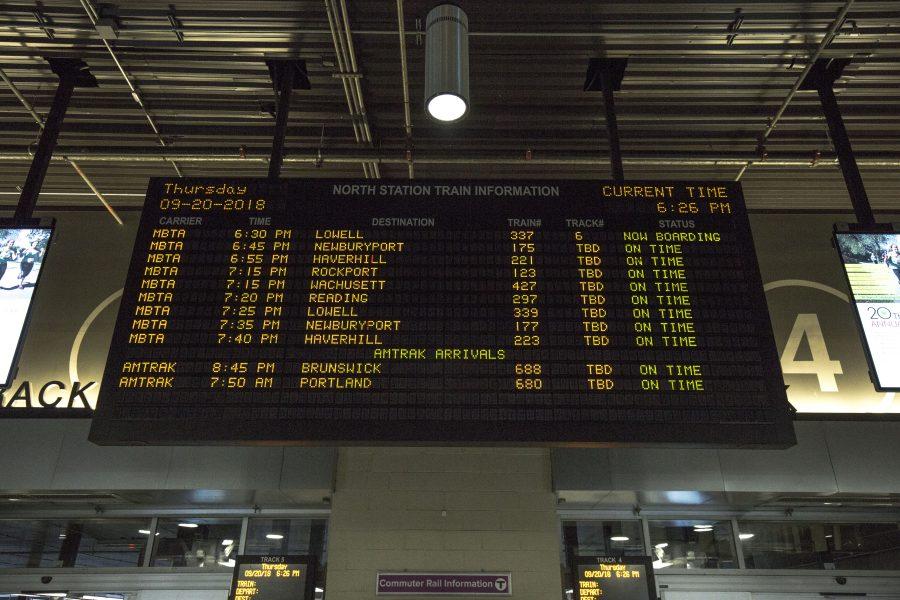As we know, the University of Massachusetts Boston has hosted a large community of commuter students thus far. Up until the recent installation of the freshman dorms on the campus, students who chose not to live in apartment housing close to the school were given two options: they could either commute by car, or commute via the MBTA train system. Depending on where a student lives, it may be the best option for that student to leave their car behind and board the train every day. Financially, commuting on the train can also work out to be more affordable than driving in and parking, especially when the price of on-campus parking is taken into account. Nonetheless, train commuting comes with a hefty price tag of its own. Even with the discount awarded to UMass Boston students, those who choose to take the commuter rail into the city every day can expect to pay hundreds of dollars per month throughout the semester.
Recently, the University of Massachusetts Lowell announced on their website that they will be partnering up with the MBTA to offer their students free access to the Lowell Commuter Rail Line. The pilot program follows one that was implemented back in 2017, in which, according to UMass Lowell’s website, the school partnered up with the Lowell Regional Transit Authority (LRTA) and the Merrimack Valley Regional Transit Authority (MVRTA) to give free bus rides to any UMass Lowell student on these systems’ lines. Chancellor Jacqueline Moloney of UMass Lowell made note of this partnership’s possible environmental benefits, in addition to mentioning how it would make commuting less financially stressful for students. This new program of providing free commuter rail access to students, is set to begin this fall semester, toward the end of September 2018.
After initially hearing of this new program at UMass Lowell, a student here at UMass Boston may find themselves jealous or outraged, and rightfully so. When thinking about it from a superficial point of view, it certainly fits the “UMass Boston never gets favored” narrative and falls right into place next to other instances of clear favoritism, such as the purchase of the Mount Ida campus by the University of Massachusetts Amherst. Yet it is certainly important to recognize the possible implications this initiative may hold moving forward— it may have some great benefits.
Several sources estimate that the number of licensed drivers in the United States has reached over 200 million, and this number is likely to increase as the population and the need to drive increase. So, this effort by UMass Lowell to reduce the number of drivers they contribute should be praised for its possible environmental benefit. UMass Boston takes pride in its effort toward sustainable solutions, so it only makes sense that the students here appreciate UMass Lowell’s new MBTA agreement. On top of this, convincing more people to take the train may result in shorter commutes for those who have no choice but to drive. Who knows, for some this project may be the difference between them being able to attend UMass Lowell or not.
As a UMass Boston student, it is easy to look at this situation and complain about how another UMass campus has a benefit that isn’t offered to us. However, instead of complaining about it, students at UMass Boston should instead try and push for similar changes on our campus, citing those on others as examples. This new program at UMass Lowell can act as a precedent, and hopefully inspire other administrations (such as ours) to adopt similar programs.
UMass Lowell’s Free Transport – Thoughts
September 19, 2018





















































